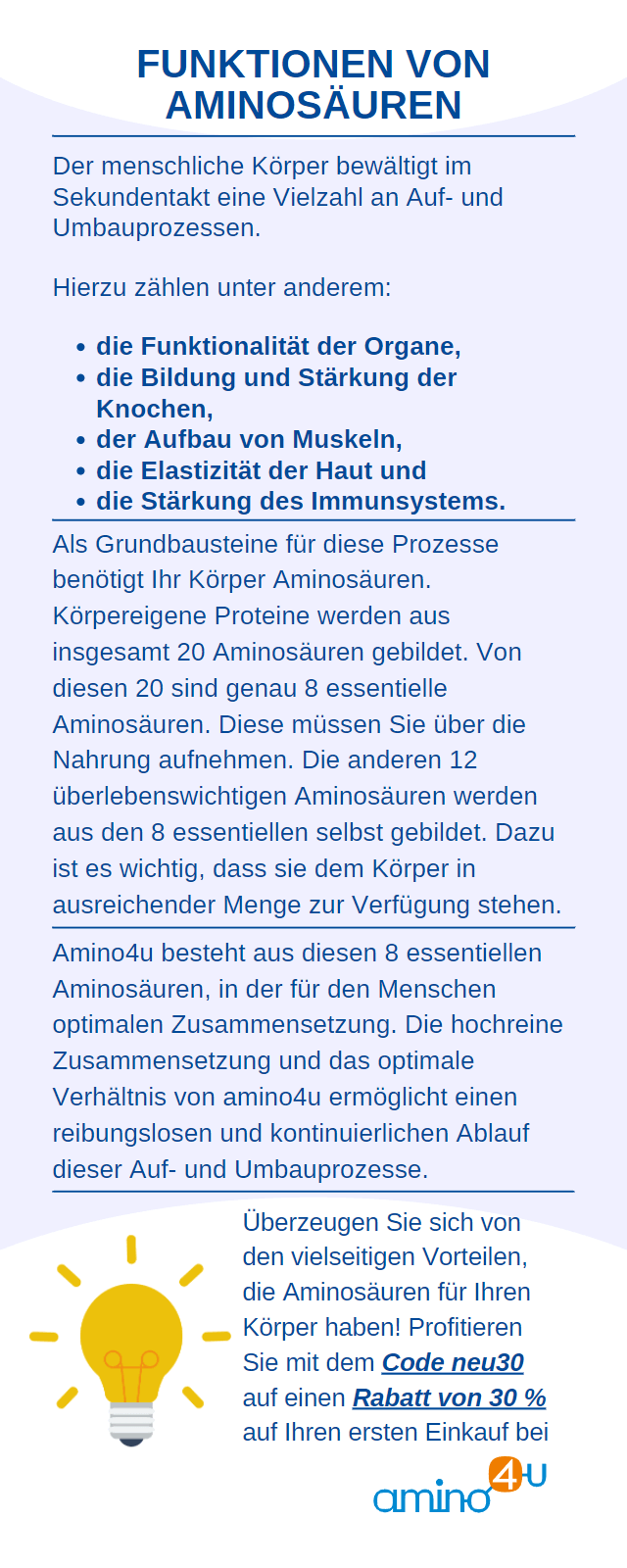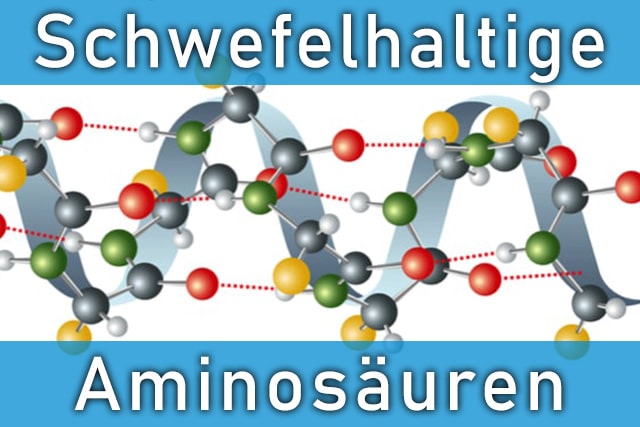Prostate surgery is a medically complex procedure in which the prostate is completely removed or at least reduced in size. Affected men often suffer from the consequences of the operation. Among other things, there can be a risk of incontinence.
Therefore, aftercare and rehabilitation after the surgical procedure are of great importance. In this article you will find out to what extent sport and, above all, strength training can be helpful after prostate surgery.
Since advice and information on the topic from doctors/therapists is often less comprehensive, you can read the most important points here.

Medical challenges in prostate surgery
Surgeons face difficult challenges when performing prostate surgery. The anatomy of the prostate, with its close proximity to the urinary bladder, the pelvic floor and especially the urethra, often leads to the muscles required for the controlled release of urine being affected.
In some cases, the sphincter of the intestine can also be damaged during the procedure. If the prostate is completely removed , the man's hormonal situation also changes. This is particularly true for the testosterone balance.
This drastic change can also lead to impairments in the male organism. In addition, many procedures on the prostate occur during a period that is considered to be the menopause.
During this period, men struggle with physical changes similar to women during the female climacteric. These can range from muscle loss to redistribution of body fat and loss of libido and potency . Prostate surgery can intensify these changes.
Anatomy, function and medical disorders of the prostate gland
The prostate or prostate gland is part of the man's internal sexual organs. It is approximately 4 cm in diameter and shaped like a walnut. Anatomically, it lies directly under the urinary bladder and surrounds the urethra like a ring.
The gland also borders the pelvic floor. In men, urine is passed from the urinary bladder through the urethra, the prostate and the penis. The prostate gland is involved in sperm formation, ejaculation and hormone production in men.
Among other things, the male hormone testosterone, which is produced in the testicles, is converted into its most biologically active form in the prostate. Around 40% of all men over 50 years of age experience prostate problems.
These range from benign enlargements of the organ (benign hyperplasia) to malignant changes (prostate cancer). Due to the sensitive location near the bladder and urethra, prostate disorders regularly cause problems with urination.
Medically this is referred to as a micturition disorder. In acute cases, those affected may find it impossible to urinate at all.
Incontinence prevention
Following the procedure, the main focus is on preventing incontinence or possibly resolving existing incontinence after the operation.
Those affected usually perceive incontinence as a particular impairment of their own quality of life . It is also a psychological burden. Men in particular find it rather unpleasant to deal with and talk about incontinence, incontinence aids and the entire situation.
In this context, you may no longer feel like a “ real man ” and see yourself as a helpless victim of disturbed bodily functions. That's why it's also important to give those affected the feeling of being able to influence these functions .
As we will see, physical training can play a very important role, especially from this point of view.

Further consequences of the operation
Bleeding can occur again and again immediately after the procedure. This risk initially prohibits excessive physical exertion for a few weeks after the surgical procedure.
How long physical protection is appropriate depends, among other things, on how extensive the procedure was. Surgical treatment of benign hyperplasia is far less serious than complete removal of the prostate gland .
Accordingly, the person affected does not have to take it easy physically for so long. There may be further consequences in connection with surgical measures on the prostate .
How serious this is also depends on whether, for example, in the case of prostate cancer, hormone therapy is also carried out that aims to completely suppress male sex hormones.
On the other hand, complete removal of the prostate gland is often accompanied by hormone replacement therapy in order to avoid the consequences of testosterone deficiency (hypogonadism).
It is not yet clear whether such hormone replacement therapy increases the risk of cancer recurrence .
Overall, surgical intervention on the prostate can accelerate aging processes such as the development of osteoporosis or muscle loss in men . These changes can have a negative impact on the overall health of those affected.
Muscle and bone loss are also consequences that are often associated with prostate cancer .
The importance of sport and strength training after prostate surgery
If the risk of secondary bleeding is no longer present, appropriate exercise, including weight training, can promote rehabilitation after prostate surgery .
It's not just about strengthening the pelvic floor muscles , which can prevent incontinence or restore the ability to control urination. The possible positive effects of training and sport after the procedure go far beyond the topic of incontinence.
As has been shown, the positive effects of exercise after the procedure extend not only to the possible consequences of the procedure itself, but also to the general health situation, for example in the case of prostate cancer .

Exercise before the procedure and strength training during the rehabilitation phase
The importance of exercise cannot be overestimated. This doesn’t just apply to the postoperative period. A review study from 2013 found that the period before the procedure is important.
With muscles strengthened before the operation, recovery and rehabilitation after the surgical procedure are easier. The development of urinary incontinence could often be avoided. In particular, patients with prostate cancer benefit from continuous physical activity before and after surgery.
In connection with incontinence, it is advantageous to start pelvic floor training as early as possible after prostate surgery .
A study was able to once again underline that muscles trained in this area before the operation have a beneficial effect on preventing incontinence. After the operation , targeted pelvic floor training can help eliminate any incontinence that may have occurred.
Positive effects were also seen in patients who suffered from bone loss due to prostate cancer . This was particularly about weight training with a corresponding rel=""muscle building .
A comprehensive study examined the effects of physical activity starting in the sixth week after surgery . The affected patients suffered from prostate cancer.
It was shown that a 15-month training program after the operation had a positive effect on the subjects' general quality of life, life expectancy, incontinence and many other health aspects.
A study is currently underway at the Cologne Sports University that examines the possible positive effects of exercise on prostate cancer over a period of three years. The study began in 2019.
Dr. Freerk Baumann from the University of Cologne has generally examined the positive effects of targeted exercise therapy, especially for cancer patients . For prostate patients, he also confirmed the possibilities for preventing incontinence and increasing the general quality of life .
What is important when it comes to strength training after prostate surgery?
When it comes to pelvic floor and sphincter training after prostate surgery, experts such as Dr. Baumann on the effects of early training are .
He recommends that prostate patients begin light training of the muscles involved 48 hours after the procedure. He emphasizes that exercise before prostate surgery can also be beneficial .
It is important that when training the pelvic floor muscles, there is precise instruction in the training. It is best if the knowledge imparted by nurses, doctors or physiotherapists can be read again and again by those affected.
Affected patients are often given appropriate flyers or small booklets after the operation . However, practical instruction should not only be given with regard to incontinence training.
It is also useful for general weight training to achieve appropriate intensity and sensible sequences. As far as training frequency is concerned, a frequency of two to three times a week is recommended for postoperative training.
Only regular training and regular physical activity promise success. Patience is required until the first training successes become apparent. This doesn’t just apply to incontinence training.
If there is already incontinence after the operation, it can take a good six months before there is improvement or even complete control over urination.

Sport and strength training after prostate surgery are worth it!
Weight training in particular, but also endurance activities, prove to be beneficial in the aftercare of prostate operations.
Those affected primarily benefit from the following effects:
- increased quality of life
- Prevention or improvement of incontinence
- Muscle and bone strengthening
- increased life expectancy in cancer patients
- Mitigation of general surgical effects such as weakness and fatigue
- Compensation for a changed hormonal balance
- Stabilization of psychological well-being
Above all, sporting activity can give those affected the feeling that they are not at the mercy of the consequences of the operation or the disease itself (in the case of malignant prostate changes) and that they can actively intervene in what is happening.
In particular, if it is possible to avoid incontinence or to eliminate the consequences of incontinence, this is a great individual success for affected men.
Especially when it comes to cancer, the prognosis also depends on the psychological well-being of those affected. The more joy and will to live there are, the better the prospects for a longer survival period .
As a person affected, you should therefore definitely take advantage of all possible sporting activities during rehabilitation. Get appropriate advice from doctors and therapists .
How do amino acids support muscle building?
Make physical activity, including weight training, a regular part of your life after the immediate rehabilitation period .
Eat healthy and support your muscles with vital protein building blocks. Amino acids are responsible for the formation of muscle cells and actively support muscle building .
It may therefore be advisable to support muscle growth by taking a suitable preparation. amino4u is a dietary supplement that can provide the body with a precisely tailored profile of all essential amino acids .
Tablets or powders have the property of being available in the blood after just 23 minutes. In this way, the muscle fibers can quickly access these building blocks in natural form, which are so necessary for growth .
If you are about to have prostate surgery , you will also benefit from it if you start training before the procedure. Strength training after prostate surgery is essential.




